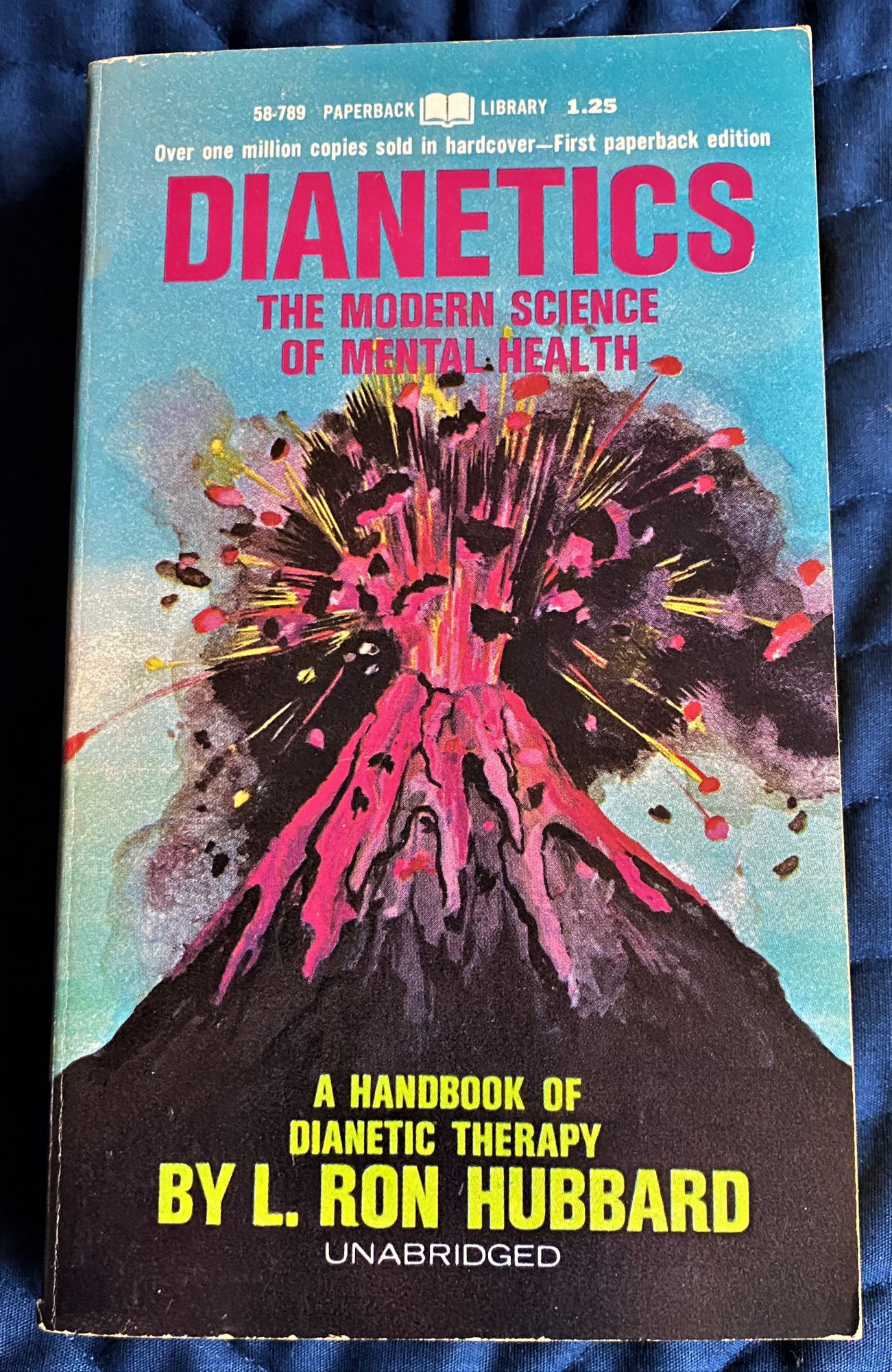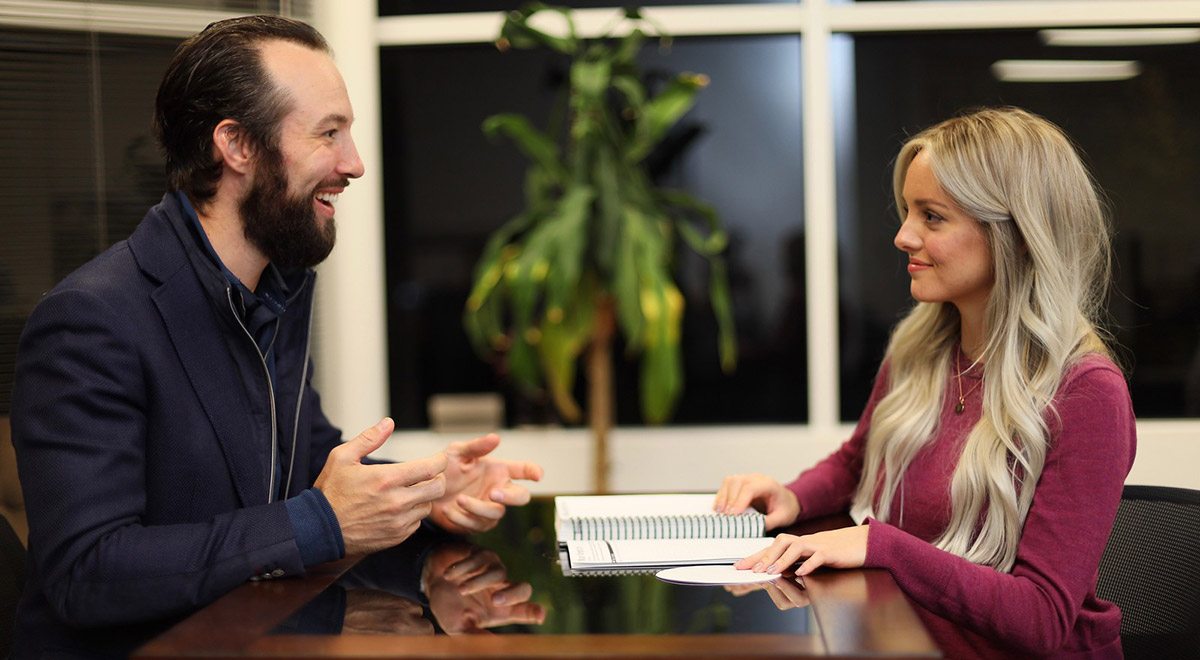Some Known Incorrect Statements About Dianetics
Some Known Incorrect Statements About Dianetics
Blog Article
Dianetics Things To Know Before You Buy
Table of ContentsDianetics Things To Know Before You Get This8 Simple Techniques For DianeticsThe Main Principles Of Dianetics Some Ideas on Dianetics You Need To Know
I could not ever not wish to get anything that comes to mind for you- if it was or else, I wouldn't be resting here with you, doing this. I not just could never have an issue, or otherwise desire to listen to something that enters your mind for you, yet I'm totally excited to recognize every idea, every idea, every picture or sensation that emerges or shows up for you- don't ever think otherwise, and if for some reason you do, please simply let me understand! In some cases, you might have a thought, and photo, idea or incident appear that does not seem to address the inquiry, or associate with it, but nonetheless, always do inform me about it, and as we proceed, the importance will certainly emerge for you.This is intrinsic in the basis of handling, and the subject of this discussion: the fundamental roles of the therapist and the client: The standard function of the counselor is, unlike "standard training", not to regulate, which implies to implement and/or prevent, yet to instead work from the basis of EMPOWERING THE CLIENT.

The Best Guide To Dianetics
John Mcmasters shared this standard fact wonderfully well in one of his lectures on Power handling, in which he discusses how he was asked what this "special propensity" was that he had for offering such excellent sessions; he needed to think about that for a minute, and identified that it was what he had not been doing, along with what he was doing: he had not been evaluating, judging, computing, or as a matter of fact, producing any type of thoughts, let alone verbal expressions, after giving the command and while waiting for the PC to complete their response to their contentment; he was, just and just, existing with the PC, and totally interested.
The role of the therapist, showed; that was his "unique knack". I have had my very own experience which showed me this well, extremely early on in the video game. In 1982, having recently finished my training and teaching fellowship on New Era Dianetics, I was running this on a PC, and there was a factor in the session where (being a bit wet behind the ears not yet having several hours under my belt as a specialist auditor) the PC seemed to be "taking also lengthy" to reveal anything vocally after I provided him a command.
This secret ended up being one of the most useful contribution that John ever before made to the subject of therapy or bookkeeping (Dianetics). In my humble opinion, it is the best contribution that anybody has ever before made to these subjectsthe application is totally non-judgemental, non-evaluative, and lacking any kind of tip, advice or opinion.no preconditioned schedule for people, or 'levels' that they have to do
In Scientology we prided ourselves on not examining for people. All that truly implied was that the auditor did not Vocally assess for the PC in session.
Fascination About Dianetics

Anybody that had actually ever before seen John audit could not assist yet notice a special top quality in his auditing."The client's fundamental duty is to be there with the objective of you could try this out moving in the direction of their spiritual goals, and to openly and totally express and experience whatever shows up for them in answering the concerns and carrying out the instructions in the processing.
This is something to process as needed. However additionally, individuals regularly have previous experience and/or brainwashing in auditing/processing which, in some ways, and to some degrees, actually misinforms them right into perspectives, concepts and actions patterns that prevent the complete awareness of these duties, therefore they will certainly have a tendency to prevent the expressing of what enters your mind, as in the examples provided above. * The first, and possibly primary instances of mis-indoctrination leading to less than completely smooth and reliable sessions, can be located in specific elements of the training routines, or "TR's":"TR's" are often an individual's initial, or at the very least early, experience in Scientology, and while I will go on to clarify what I view as the imperfections in principle and method, however, have a tendency to be substantially healing, done as they are offered (Hubbard firmly insists that "TR's are not processing, they are educating", however factually, Visit This Link they are both processing AND training)
Alan Walter made similar monitorings, and enhanced these with his "Presence Processes". There is no "flunking", and no rejection of the truth of this being processing. The focus, as it needs to be, is on experiencing the various other person's visibility. All the symptoms which get a "fail" in doing "TR-0" are simply the being's initiatives to resist the other individual's existence, and instead of being pestered and badgered with "Flunk", which enforces "failing!" on the being, one simply requires to be encouraged to "stick their feet in the water a little much deeper", to progressively rehabilitate their capacity and determination to fully share and experience "being right here", or "existence", with others.
Getting My Dianetics To Work

Report this page